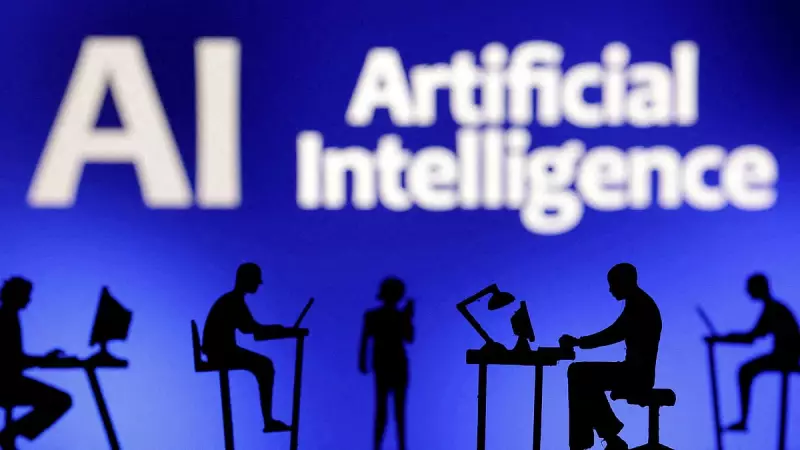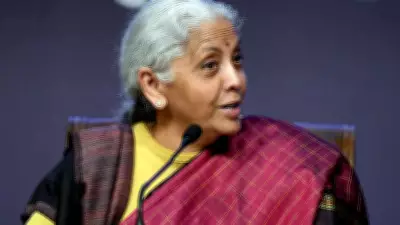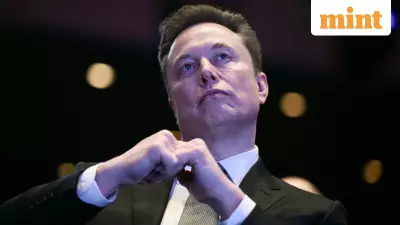
The artificial intelligence revolution is sweeping across India, creating both unprecedented opportunities and formidable challenges that have experts deeply divided about our technological future.
The Double-Edged Sword of Innovation
As AI systems become increasingly sophisticated, they're transforming everything from healthcare diagnostics to agricultural productivity. Indian tech hubs like Bengaluru and Hyderabad are witnessing an AI boom that promises to catapult the nation into global technology leadership.
"AI represents the single most transformative technology of our generation," explains Dr. Priya Sharma, leading AI researcher at IIT Delhi. "It's not just about automation—it's about augmentation. We're seeing Indian doctors using AI to detect diseases earlier, farmers optimizing crop yields, and students receiving personalized education."
The Dark Side of Progress
However, beneath the surface of this technological utopia lies genuine concern. The rapid advancement of AI systems threatens to displace millions of workers across traditional industries.
- Job Market Disruption: Call centers, data entry positions, and even some software development roles face potential automation
- Economic Inequality: The gap between AI-skilled workers and others could widen dramatically
- Ethical Dilemmas: Algorithmic bias and privacy concerns present significant challenges
India's Unique Position in the AI Landscape
With its massive population and growing digital infrastructure, India stands at a critical crossroads. The nation's demographic dividend could either become its greatest asset or its biggest liability in the age of AI.
"What makes India different is our scale and diversity," notes Rohan Mehta, CEO of a Mumbai-based AI startup. "We're developing AI solutions that address uniquely Indian problems—from regional language processing to agricultural optimization. This homegrown approach could give us a significant advantage."
The Path Forward: Balancing Innovation and Protection
Experts agree that the key lies in strategic preparation rather than resistance. Several critical steps are emerging as essential for India's AI future:
- Massive investment in AI education and reskilling programs
- Development of robust regulatory frameworks that encourage innovation while protecting citizens
- Public-private partnerships to ensure AI benefits reach all sectors of society
- Focus on developing AI that complements human workers rather than replacing them
The consensus among technology leaders is clear: AI is neither inherently good nor bad—it's what we make of it. India's approach to this technological revolution will likely determine its position in the global economy for decades to come.





